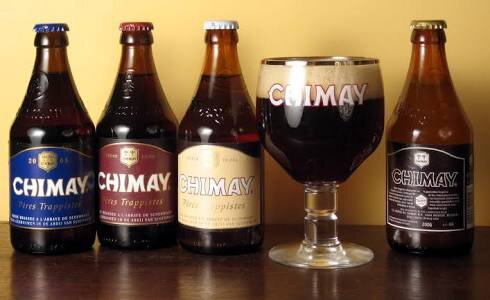In the past five years, the number of microbreweries has spiked by 73 per cent across Europe. The UK specifically has seen an 8 per cent rise in the last year to around 1,700, while the US witnessed a 15 per cent climb in 2015 to 4,296. Leading the charge in foraged beer is the Scratch Brewing Company which has been running for four years in rural Ava, Illinois. In late 2016, the firm released its The Homebrewer's Almanac: A seasonal guide to brewing with 36 different plants
People want beer that is imaginative, created locally, and high-quality – or so the huge rise in microbreweries across the globe suggests. And if 2016 was the year of craft beer, 2017 might just be the time for foraged beers to take centre stage in the world of artisan brewing. But hey, is it really new? Perhaps mushroom beer is (well, I haven't come across it yet)?
Source: The Independent. Read more here
Last edited:

 but so that there was always a good supply of the most reliable a simple to use ingredients for beer
but so that there was always a good supply of the most reliable a simple to use ingredients for beer  after all you need a heck of a lot of mushrooms to make a decent pint.
after all you need a heck of a lot of mushrooms to make a decent pint.